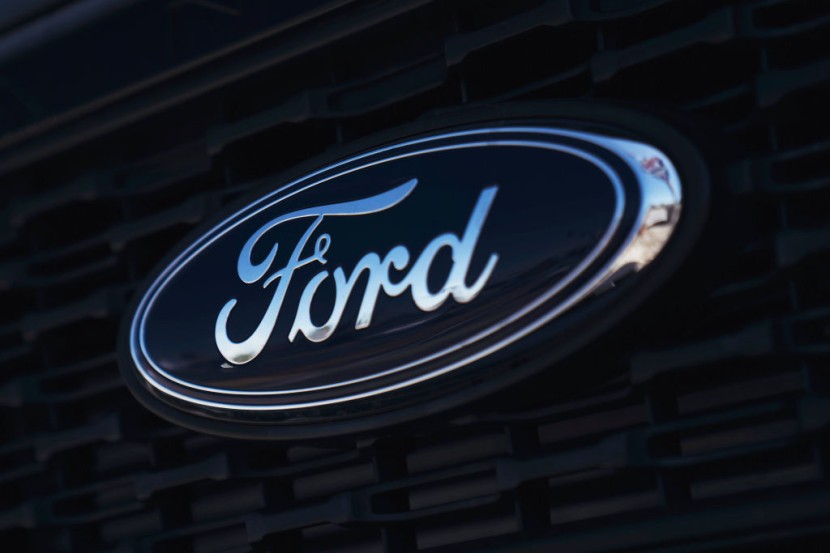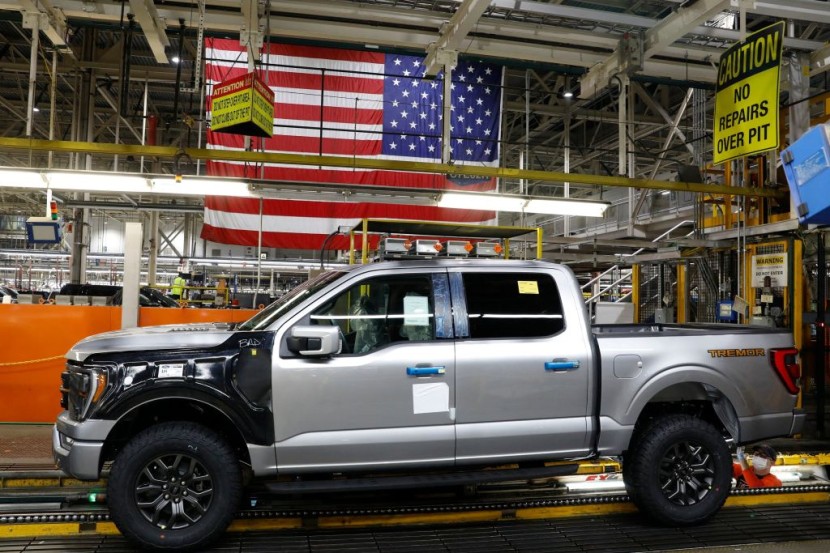Ford's billion-dollar EV factory construction has been suspended. This decision was confirmed by the automaker's spokesperson, TR Reid.
But why did the car manufacturer decide to halt the construction of its $3.5 billion EV battery plant in Michigan?
Ford's Billion-Dollar EV Battery Factory Suspended

TechCrunch reported that Reid emailed them explaining why the EV battery factory's construction was halted. He said that they are limiting spending and pausing work on the construction of the battery plant called the "BlueOval Battery Park Michigan" until they are confident about operating it.
"There are a number of considerations. We haven't been specific about what they are, nor made any final decision about the planned investment there," explained Reid.
ABC News reported that Ford stopped building its billion-dollar EV battery plant as it struggles with national contract talks with the United Auto Workers (UAW) union. On Sept. 15, Ford, General Motors, and Stellantis were targeted on UAW strikes.
The UAW protests first hit one vehicle assembly plant from each of the mentioned automakers. After that, the UAW leadership expanded their actions, affecting car parts warehouses. Luckily, Ford was not included in the protest expansion. UAW leaders explained that it was spared because there's progress in negotiations with Ford.
However, the pickup truck manufacturer didn't confirm whether UAW strikes are among the reasons for halting BlueOval Battery Park Michigan's construction.
Read Also : New Zealand's Road-User Tax Targets EV, Plug-In Hybrid Vehicle Drivers-Here's When It'll Start
What To Know About Ford's BlueOval Battery Park Michigan

The BlueOval Battery Park Michigan is a Ford EV battery factory project designed to manufacture cheaper EV batteries. The American automaker said that it will use the technology of CATL (Contemporary Amperex Technology Co. Limited), a Chinese battery manufacturer, to achieve this.
CATL's LFP battery cell knowledge and services are expected to assist Ford in developing and manufacturing more affordable lithium iron phosphate batteries. Ford's initial $3.6 billion investment is just a chunk of its planned $50 billion investment into electric cars globally until 2026.
The pickup truck company recently said it wants to deliver around 600,000 EVs in the global markets yearly before 2023 ends. Ford plans to increase this goal to an annual run rate of almost 2 million electric vehicles by the end of 2026. But, all these efforts have to wait until the automaker resumes its EV battery factory construction.








